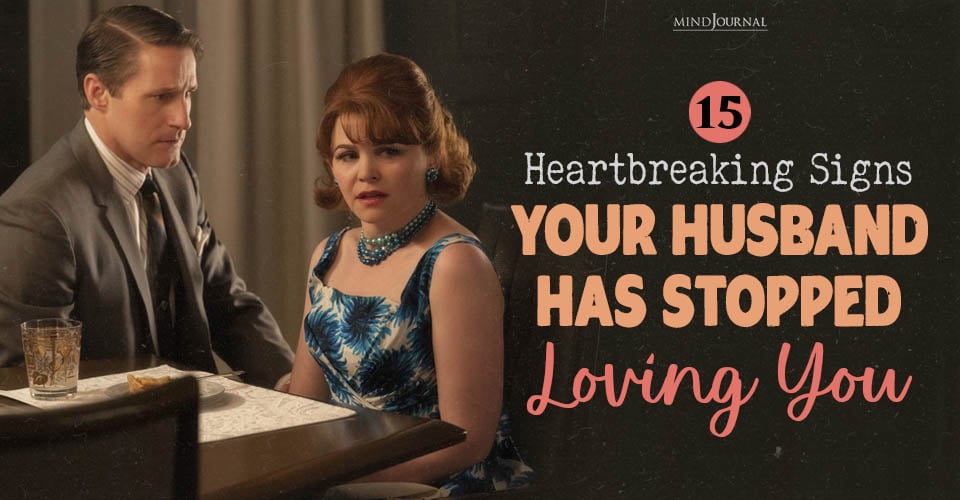Most companies I work with have two big concerns that occupy a lot of thought and resources: how to retain top talent and how to facilitate a multi-generational workplace. Read on to know what women (and men) really want at work.
As such, I was excited to stumble upon a report by the International Consortium for Executive Development Research (“ICEDR”) setting forth five key themes high-achieving women Millennials cited as critical ingredients to support their success at work (1).
The five themes are as follows:
1. “Know Me:” Invest the time to understand me as a person and what interests me both inside and outside of work
2. “Challenge Me:” I want to have continued opportunities to learn and grow
3. “Connect Me:” Relationships are important – I want to interact and collaborate with a wide network of people
4. “Inspire Me:” I want to derive a sense of meaning from my work
5. “Unleash Me:” I want to take good risks and have autonomy over my time and projects.
While women and Millennials do face challenges in the workplace, addressing them is easier than companies think because when it comes to thriving at work, one size does in fact fit all. As the research shows, there is no “framework for women” and no “model for Millennials.”
Read 10 Tips For Dealing With Negative Energies At Work
The same ingredients that build thriving and success for a male Baby Boomer also build thriving and success for a female Millennial. And if that’s the case, organizations should focus on these same core elements for all of their workers. This post will help you understand what women and men really want at work.
Here are three workplace well-being strategies that will help your entire organization:
1. Develop a giver reciprocity style.
One of the consistent themes in every model of leadership and well-being is having good relationships, and your success depends on how you approach interactions with other people. At work, people differ in their preferences for reciprocity – their preferred mix of giving and taking.
According to Wharton professor Adam Grant, takers like to get more than they give, givers are other-focused and prefer to pay attention to what other people need from them, and matchers are a blend, wanting an equal balance between giving and taking.
Another benefit of being a giver has to do with meaningfulness. One study showed that being a giver was positively related to meaningfulness, but being a taker was negatively related to it (2).
Read How To Be Happier With Work
2. Maximize your decision points.
Energy management is another important component of thriving and is included in McKinsey’s well-being framework (3) and is a central feature in Tom Rath’s “fully charged” model (4). In our culture of busyness addiction, it’s easy to get swept away by your day and before you know it, it’s 6pm and time to go home.
The trick to feeling more in control of your time is to maximize your decision points – those moments when a task ends or is interrupted. In an effort to test this out, I kept track of the number of decision points I had in one day, and the answer stunned me.
On this particular day, I had eight different moments where a task ended, and I decided to be intentional about what to do next (rather than check my Fantasy Football updates on a whim). Even if you only have one or two decision points during a day, make your decision count.
Read 3 Tips To Create Conversations That Are Worth Having In Your Workplace
In order to maximize your decision points, do these three things (5):
1. Savor each decision point (be mindful of when you’re experiencing a decision point and grab it).
2. Plan your decision points in advance (look at your calendar – if you know one meeting ends at 10am and the next one isn’t until 11am, decide ahead of time how you’re going to spend that hour).
3. Don’t start a new task without consciously deciding it’s the right task to do (take a tactical pause before jumping into the next task).
3. Watch your high-intensity positive emotions.
Positive emotions are a central component of Dr. Martin Seligman’s PERMA model of well-being (6), and decades of research show that positive emotions help you build your creativity, remember more information, lower your blood pressure, build your resilience, help you recover more quickly from the stress response, and make you more pro-social (factors which tie to many of the themes in the frameworks above) (7).
Read 14 Proven Ways To Stop Working Around The Clock
Yet, not all positive emotions are created (or valued) equally. In a series of studies (8), researchers found that Westerners, and Americans in particular, value high-intensity positive emotions like excitement and elation and also value high-intensity positive emotions more than low-intensity positive emotions (like calm and serenity) when seeking to influence others (9).

As it turns out, high-intensity positive emotions activate your stress response in the same way that high-intensity negative emotions do. Those work messages about staying “fired up” or “pumped up” may actually turn out to deplete your energy by ramping up your stress response (10).
It’s no secret that generational differences exist in the workplace, but when it comes to the well-being of workers, companies can safely bet that one size does fit all.
References (1) The ICEDR Report can be downloaded here: http://www.icedr.org/research/documents/15_millennial_women.pdf (2) One study (under giver reciprocity style): http://scottbarrykaufman.com/wp-content/uploads/2015/01/Baumeister-et-al... (3) Here is a link to the McKinsey & Company centered leadership model: http://www.mckinsey.com/insights/leading_in_the_21st_century/centered_le... (4) Rath, T. (2015). Are You Fully Charged? Silicon Guild. (5) Davis, J. (2015). Two Awesome Hours. New York: HarperOne. (6) You can learn more about the PERMA model of well-being here: https://ppc.sas.upenn.edu/learn-more/perma-theory-well-being-and-perma-workshops (7) Tugade, M.M., Fredrickson, B.L., & Barrett, L. F. (2004). Psychological resilience and positive emotional granularity, 72(6) Journal of Personality 1161-1190. (8) Tsai, J.L., et al. (2007). Influence and adjustment goals: sources of cultural differences in ideal affect. 92(6) Journal of Personality and Social Psychology 1102-1117. (9) Tsai, J.L., Knutson, B., & Fung, H.H. (2006). Cultural variation in affect variation. 90(2) Journal of Personality and Social Psychology 288-307. (10) Seppala, E. (2016). The Happiness Track. New York: HarperOne.
Written by: Paula Davis, J.D., M.A.P.P Download her ebook Beating Burnout at Work: Why Teams Hold the Secret to Well-Being & Resilience. Originally appeared on Psychology Today Republished with permission.









Leave a Reply